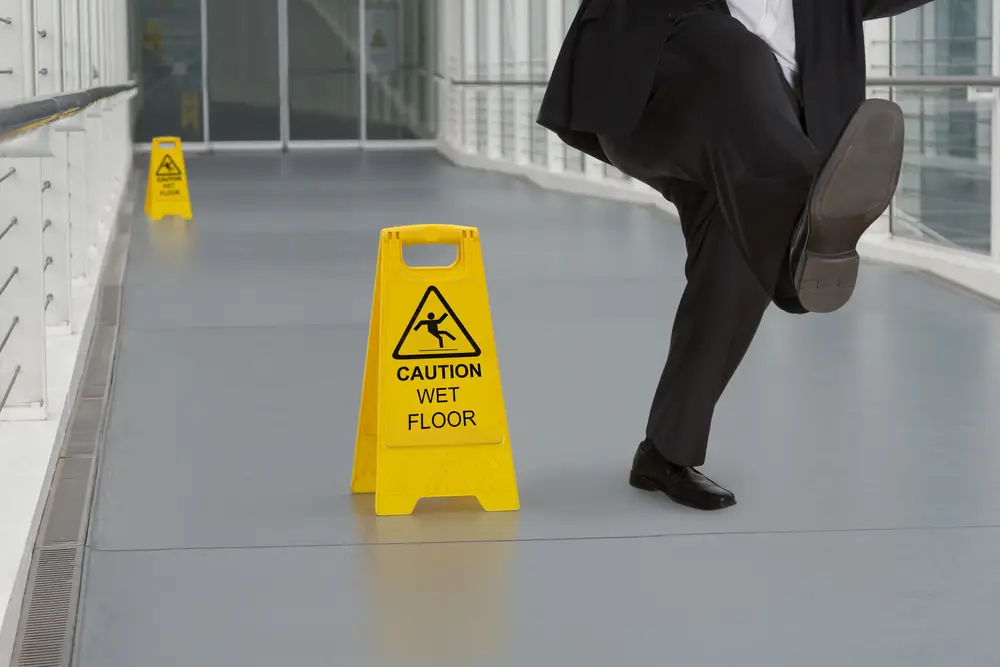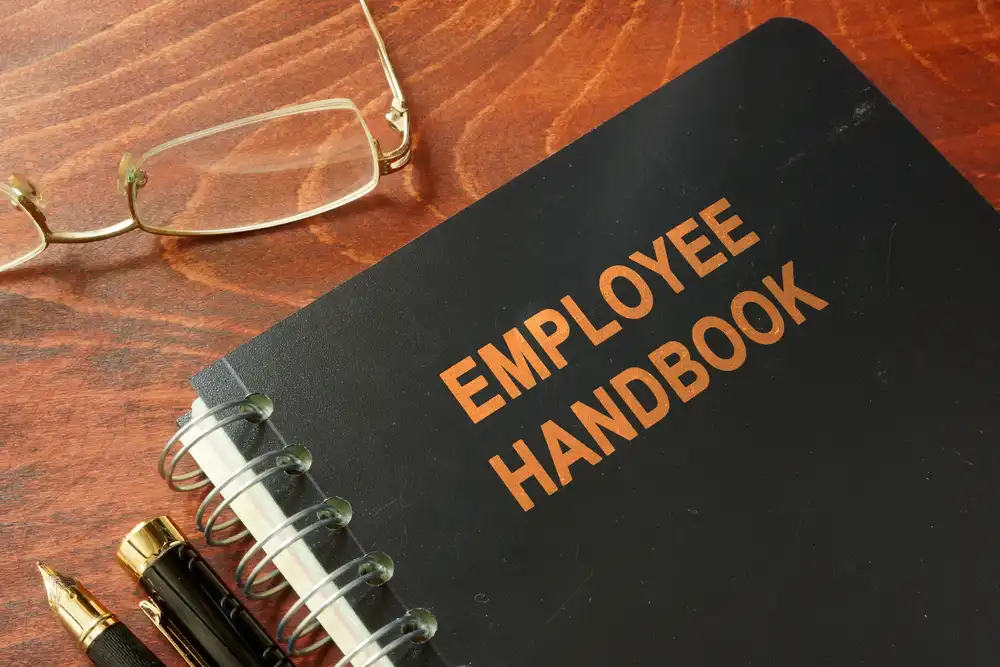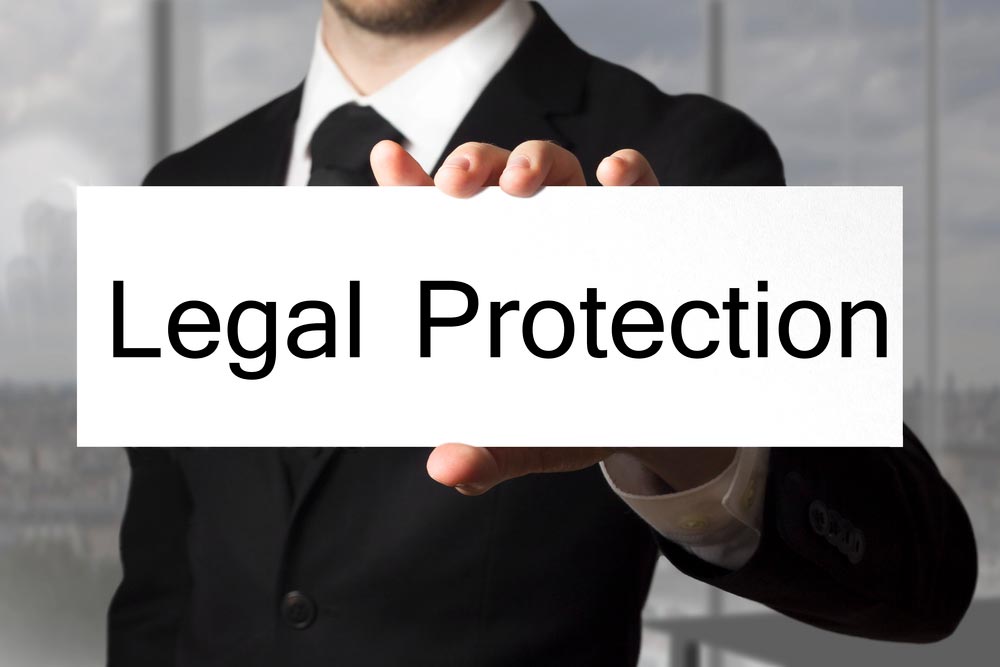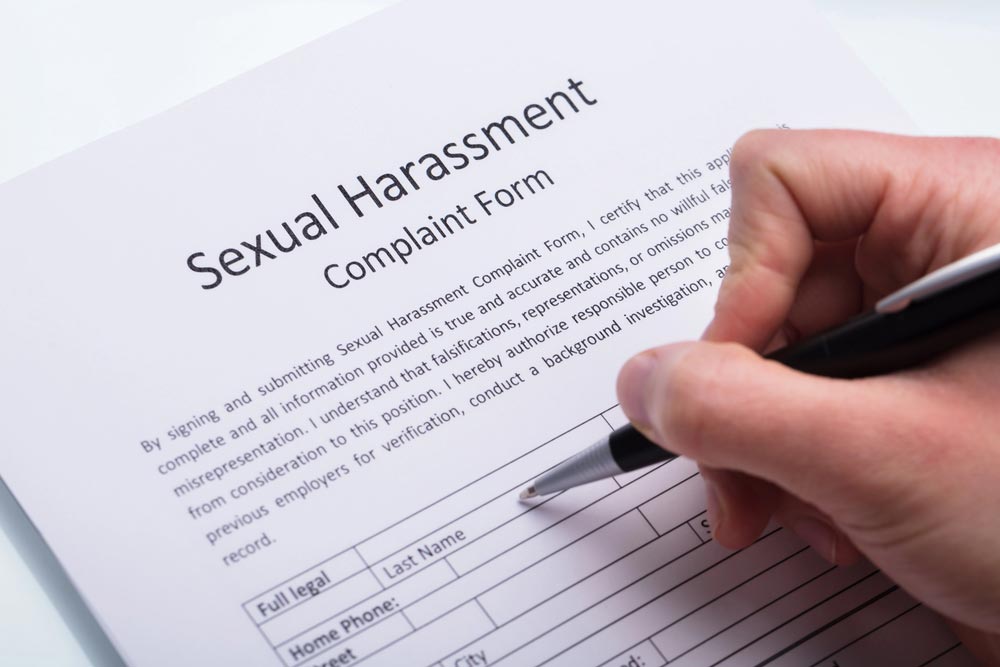Running a small business can be a rewarding experience, but it also comes with certain risks (one of which is the possibility of getting sued). Whether it’s a customer complaint, a contract dispute, or an employment-related issue, the threat of litigation is something that no business owner can afford to ignore.
Here are some things that you can do to keep your business from getting sued.

#1: Create Clear Contracts and Agreements
One of the most effective ways to protect your business from legal disputes is to have clear, well-drafted contracts and agreements. These documents will outline the obligations and expectations of everyone involved, which will reduce the chances of misunderstandings that can lead to a lawsuit.
Whether it’s with customers, vendors, or employees, every business deal must come with a written agreement. And it must have specific terms (such as payment, timelines, and responsibilities). It must also list any possible consequences for breaching the contract.
#2: Follow Employment Laws and Best Practices
Employment-related lawsuits (such as discrimination, wrongful termination, and wage disputes) are some of the most common threats to small businesses. To minimize this risk, you need to comply with federal, state, and local employment laws. You also need to implement certain “best practices” for managing your employees.
You can start by creating an employee handbook that explains your company’s policies on certain issues (such as workplace behavior, anti-discrimination rules, overtime pay, and how to report grievances). Doing regular training on these policies (especially with regard to discrimination and harassment) can also be helpful in preventing legal disputes. If an employee files a complaint, you should investigate it thoroughly and fairly. You should also document every step of the process.
#3: Insure Your Business
No matter how careful you are about running your business, accidents can happen. If you want to protect yourself from potential lawsuits, you need to make sure that your business is properly insured. General liability insurance is a must-have for most small businesses because it will cover any claims related to bodily injury, property damage, and advertising injury.
You should also think about getting the following types of insurance:
- Professional Liability Insurance — Covers errors or omissions in the services you provide.
- Workers’ Compensation Insurance — Required in most states for businesses with employees.
Be sure to speak to a qualified attorney for more information.
#4: Keep Accurate Records
Good record-keeping is one of the best ways to prevent lawsuits. Whether it’s employee files, contracts, receipts, or communications with customers, having organized and accurate records can be important if a legal dispute comes up. They can be used as evidence that your business is in compliance with current regulations. They can also prove that your dealings with employees and customers were done in good faith.
You should invest in software that can help you track and store important documents. You should also think about doing regular audits to make sure everything is up to date. And if a legal issue comes up, your attorney can use these records to build a strong defense on your behalf.
#5: Be Proactive in How You Handle Customer Complaints
No business can avoid customer complaints, but how you handle them can make a big difference in whether you’ll get sued. If a customer feels that he or she has been wronged, you should take care of the complaint quickly and respectfully. Offering refunds, replacements, or other remedies can take care of the issue before it escalates.
You want to make sure customers know how to reach you with their complaints. You should also have a straightforward dispute resolution process that’s easy to follow. Document every customer interaction, especially if there’s a complaint. That way, you’ll have evidence of all the steps you took to take care of the problem.
#6: Be Proactive in How You Use Legal Counsel
One of the biggest mistakes small business owners make is waiting until they get sued before they talk to a lawyer, but your options may be limited by then. The cost of taking legal action can also be higher. You should get legal help early, even if things seem to be running smoothly.
Taking a more proactive approach (such as having an attorney look over contracts and making sure that you’re in compliance with current employment laws) can prevent lawsuits before they happen. This will not only save you money over the long term but will also give you peace of mind in knowing that your business is legally sound.
If you’re looking for a business lawyer in Texas who can keep your business from getting sued, be sure to reach out to Gale Law Group.









